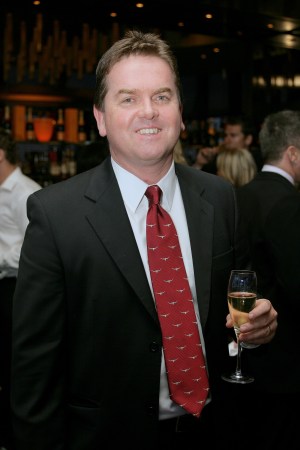Sabic, a global leader in the chemical industry, has joined forces with Lamb Weston, a major global brand owner and producer of frozen potato products, in a closed-loop process designed to create low-weight sustainable packaging bags made with a thin coextrusion film structure.
At least 60 per cent of the packaging is made with polymer using bio-feedstock from used cooking oil (UCO).
The process starts with the collection of UCO from Lamb Weston’s production, which is then converted to bio-feedstock to produce certified bio-renewable Sabic HDPE (high-density polyethylene) and Supeer mLLDPE (metallocene linear low-density polyethylene) polymers.
The final packaging contains at least 60 per cent UCO-based bio-renewable polymer material, which is part of Sabic’s Trucircle portfolio.
Oerlemans Plastics, a part of Opackgroup, which is a specialised manufacturer of flexible films and packaging, converts these polymers to a multilayer PE film for Lamb Weston’s pre-fried frozen potato products.
“We are excited about the collaboration with Lamb Weston and Opackgroup in this closed-loop project,” said Khaled Al-Jalawi, global director of circular economy business at Sabic.
“Such a project demonstrates the concept of circularity as it better utilises the used cooking oil to produce circular polymers that is designed for recyclability via a closed loop approach.”
According to Sebastiaan Besems, vice-president of commercial EMEA at Lamb Weston, distributors, retailers and consumers have become increasingly conscious of their environmental impact and show a growing preference for more sustainable packaging.
“We have anticipated this trend and developed an industry-leading bio-circular retail packaging solution for our pre-fried frozen potato products that provides a highly responsible value proposition,” he said.
“By using Sabic’s bio-renewable polymer, we will reduce the carbon footprint of our retail bags by 30 per cent, aligning with consumer expectations that FMCG brands are as environmentally-friendly as possible.
“The success of this project also meets with our goals to halve our food waste, cut our overall product carbon footprint by 25 per cent and move to more circular production by 2030.”
The new Lamb Weston retail packaging has an overall renewable feedstock content of at least 60 per cent, which is certified from the polymers to the film. This is in line with the widely acknowledged International Sustainability & Carbon Certification (ISCC) PLUS mass balancing regime for tracking and tracing the renewable content in materials.
“The project solidifies the committed efforts we have undertaken with SABIC to promote low carbon and renewable products within our industry and represents a significant advancement,” added Laura Hanegraaf, sales manager at Oerlemans Plastics.
“It allows us to offer our customers high-quality flexible film products made with renewable material from used cooking oil.”
Following extensive testing and evaluation, the first frozen potato products packed in the newly created bags have been launched in September in the UK and the Netherlands.





